Colorectal cancer is the 2nd leading cause of cancer death in the U.S., and it's on the rise. A colonoscopy is one of several routine screening tests used to find:
A colonoscopy can show inflammation, ulcers, polyps, tumors and bleeding.It may also be recommended for patients who have had previous polyps or who are experiencing changes in bowel habits, abdominal pain, unexplained weight loss or bleeding. Both surgeons and gastroenterlogists are trained to perform colonoscopies.
Preparing for a colonoscopy
Your doctor will give you specific instructions to follow. It is very important that you follow the instructions. If the colon and rectum are not completely empty of stool, the procedure may have to be cancelled and rescheduled.
Tell your doctor in advance about any medications you are taking. Your doctor may need to adjust your usual dosage prior to the procedure.
You will be sedated for this procedure. Please make arrangements for someone to be at the hospital with you and to drive you home.
What to expect during the procedure
A colonoscopy is usually well-tolerated; however, you might experience some pressure, bloating or cramping at various times during the procedure. You will be placed on your side while the colonoscope is guided through your rectum to your large intestine to examine the lining. In order to examine the lining of the colon thoroughly, your doctor will slowly insert and withdraw the instrument. The procedure typically takes 30 to 45 minutes.
After a colonoscopy
Your doctor will explain the results to you after the procedure. You may experience some mild cramping or bloating due to the air that was placed in the colon during your procedure. This should disappear when you pass gas.
You will be able to resume normal activities and eat a regular diet following the procedure, unless told otherwise by your doctor.
Do not drive or operate machinery for 24 hours after your procedure due to the sedatives you were given.
Although complications after a colonoscopy are rare, it is important to notify your doctor if you experience severe abdominal pain, fever, chills or rectal bleeding of more than one-half cup. Bleeding can occur up to several days after the procedure.
Clinical Interests:
Locations:
Clinical Interests:
Locations:
Clinical Interests:
Locations:
Clinical Interests:
Locations:
Clinical Interests:
Locations:
Clinical Interests:
Locations:
Clinical Interests:
Locations:
Clinical Interests:
Locations:
Clinical Interests:
Locations:
Clinical Interests:
Locations:
Clinical Interests:
Locations:
Clinical Interests:
Locations:
Clinical Interests:
Locations:
Clinical Interests:
Locations:
Clinical Interests:
Locations:
Clinical Interests:
Locations:
Clinical Interests:
Locations:
Clinical Interests:
Locations:
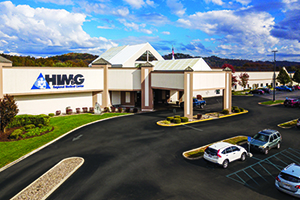
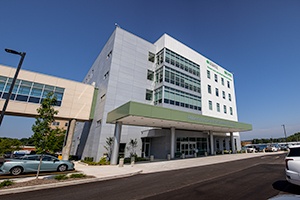
A provider-based department of Cabell Huntington HospitalRobert and Lena Shell Medical Pavilion1340 Hal Greer Blvd.
Building 2, Second Floor (Suite #2000)
Huntington, WV 25701
Phone: 304.691.1000
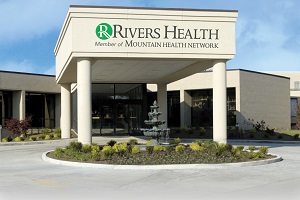
Rivers Health
2520 Valley Drive
Point Pleasant, WV 25550
Phone: 304.675.4500
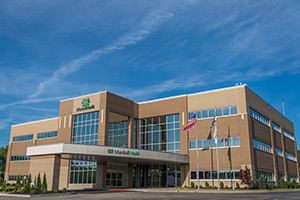
An outpatient department of Cabell Huntington Hospital
Marshall Health-Teays Valley
300 Corporate Center Drive
2nd Floor
Scott Depot, WV 25560
Phone: 304.691.6910
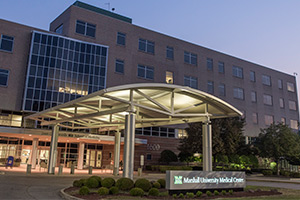
A provider-based department of Cabell Huntington Hospital
Marshall University Medical Center
1600 Medical Center Drive
Suite 2500 (2nd Floor)
Huntington, WV 25701
Phone: 304.691.1200
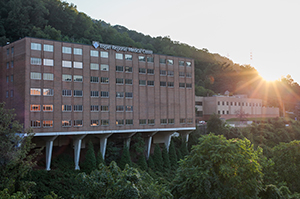
Logan Regional Medical Center
77 Hospital Drive
Logan, WV 25601
Phone: 304.792.1847
A clinical trial underway at Marshall University uses advanced medical device technology coupled with Computer-Aided Detection (CADe) systems, a form of artificial intelligence (AI), to reduce the risk of missed polyps, or lesions, during colonoscopy procedures.